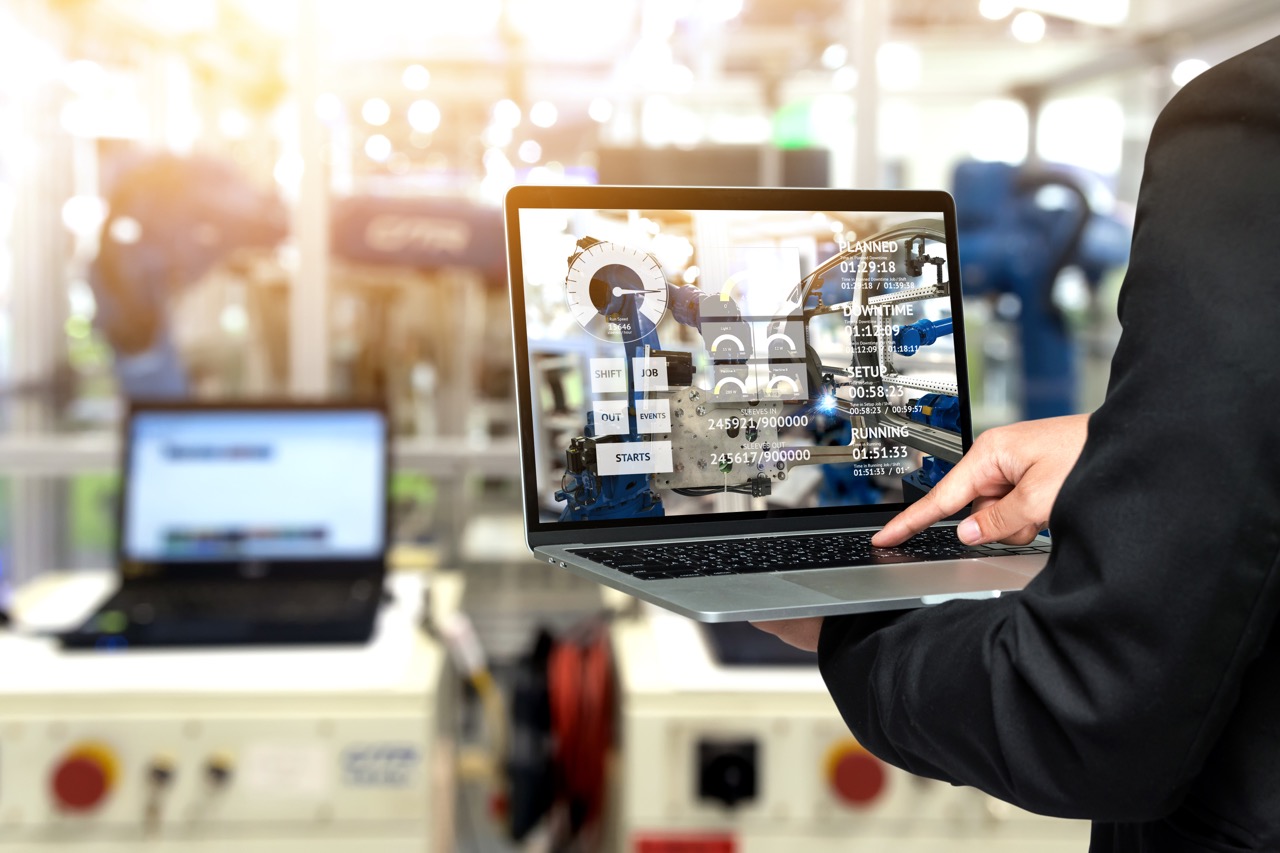March 05, 2022

The term "digital transformation" refers to a broad corporate approach that may be applied to any industry. Traditional business difficulties are solved, and new possibilities are created thanks to digital technology. In manufacturing, digital transformation refers to the use of technology to enhance revenue, lower costs, and improve quality. Depending on the functions being changed and the challenges and opportunities being addressed, these methods might take many different shapes.
What does 'digital transformation' mean in the context of manufacturing?
Integrating digital technology into processes and products to improve production efficiency and quality is what digital transformation in manufacturing entails. Digital transformation in manufacturing focuses on:
- Enhancing operational efficiency while lowering expenses.
- Ensure that manufactured goods are of high-quality
- Responding more quickly to changing market conditions and client expectations.
The Significance of Digital Transformation in Manufacturing
Organizations that go through digital transformation reap a multitude of benefits. There are environmental and social advantages in addition to financial and corporate rewards, making the change necessary to remain viable and competitive.
- Manufacturers can produce higher-quality products with more sensors, automated testing, and quality control throughout the manufacturing process.
- Organizations may use hyper-automation to eliminate human mistakes from their production processes. Hyper automation is artificial intelligence (AI) used to augment human behavior.
- As customers want more environmentally friendly activities, technology advances to meet their needs. Machines that are monitored and controlled by artificial intelligence (AI) are more efficient and use less energy. A reduction in material usage is typically accompanied by a gain in efficiency. Less resource use is extremely beneficial to the environment.
- Connected machinery provides producers with a number of advantages, including the ability to diagnose issues before they occur and schedule repairs during downtime to increase production.
- A customer-centric firm can benefit from an agile manufacturing process. Production lines may be directly changed by using data-driven production gear that recognizes and applies customization settings.
- While operations are resilient, adaptation is critical for long-term success. To stay ahead of the competition, manufacturers must be able to foresee and adapt to obstacles. Manufacturers may benefit from digital technology by utilizing flexible automation and operating remotely.
Barriers to Successful Digital Transformation
Digital transformation, while a worthwhile endeavor, is not without obstacles. You will want to develop, communicate, and execute a well-thought-out digital transformation plan that takes into account some of these common barriers to successful digital transformation:
- Managing employee reluctance to change during digital transformation
- Creating a digital transformation strategy for the entire company
- Identifying the expertise required to lead digitization projects
- Allowing an organizational structure to determine your digital future
- Managing your budget
Guide Technologies: Your Partner in Digital Transformation
In the manufacturing industry, a robust and flexible ERP system is a critical step toward digital transformation. Overall, expenses and revenues will be reduced by automating procedures and gaining greater insight. Implementing a complicated corporate information management system on the scale of an Infor ERP system necessitates a great deal of expertise and years of hands-on experience. Guide Technologies considers a successful ERP implementation critical to our customers' businesses. Such a project impacts every significant business function. A seasoned partner, such as Guide Technologies, has the skills and understanding to assist you in implementing ERP successfully.
In the field of artificial intelligence, Guide Technologies provides choices for manufacturing companies. Guide is your business partner in information technology. For your business, Guide Technologies offers software solutions. We collaborate with Infor, the world's third-largest ERP system vendor. Our experts can recommend the best ERP solution for your requirements.
Guide Technologies serves a diverse range of verticals within the manufacturing industry, including Aerospace and Defense, Automotive and Specialty Vehicles, and High Tech and Electronics, and more. With top-of-the-line information technology at your disposal, you can stay competitive and scale your business. Contact us today to learn more about how we can guide your manufacturing business through digital transformation.
